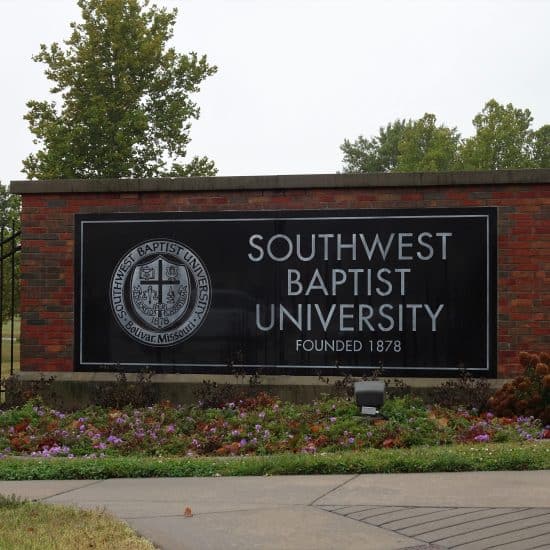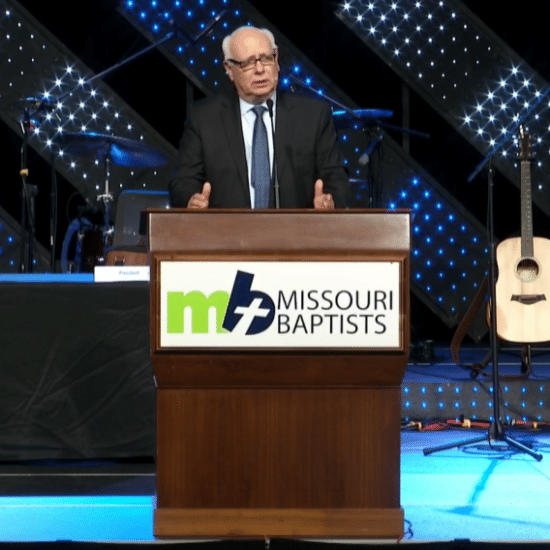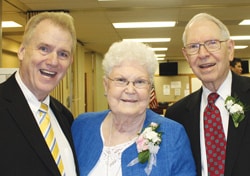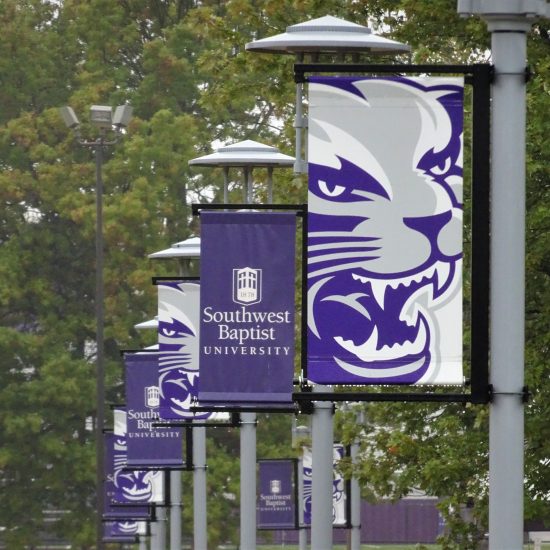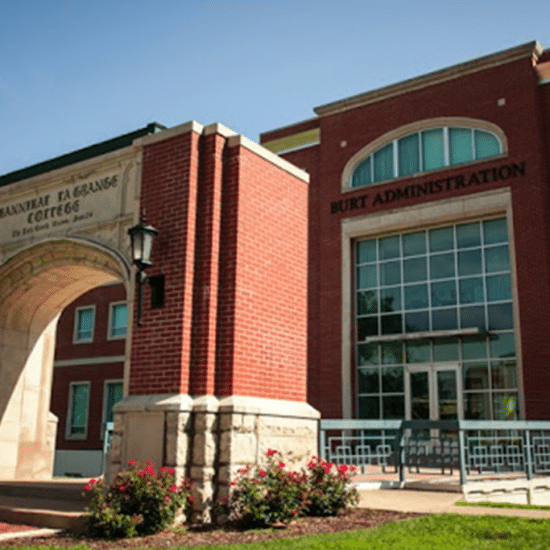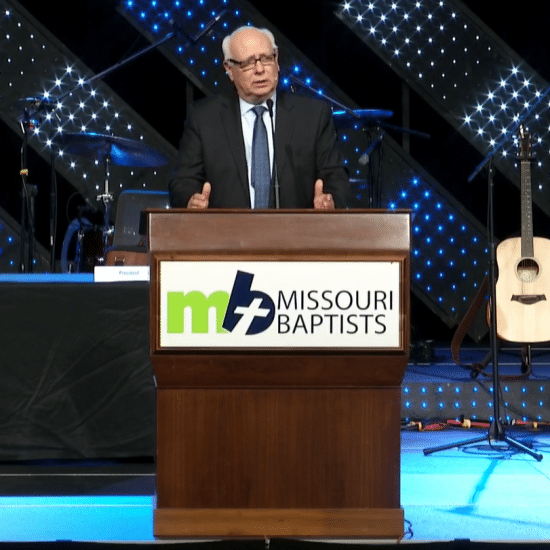Two Missouri Baptist institutions filed appeals after a judge ruled in favor of the Missouri Baptist Convention in the MBC’s 15-year litigation. The MBC first filed suit against the Missouri Baptist Foundation, Missouri Baptist University, The Baptist Home, Windermere Baptist Conference Center and Word&Way in 2002 following moves by the five boards to shift to self-perpetuating status in 2000 and 2001. Judge Karl DeMarce issued a ruling in Cole County Circuit Court on Sept. 27 that overturns charter changes by MBU and TBH, which would return trustee selection to the MBC.
The ruling came after the MBC in December of 2016 filed petitions urging such a decision, arguing its 2016 victory in the Foundation case should serve as precedent. MBU and TBH countered with filings in March, insisting the MBC’s 2009 and 2014 losses in the Windermere case should instead serve as a precedent. (The MBC dropped its case against Word&Way in 2010.) While the Foundation was incorporated as a Chapter 352 benevolent corporation, the other four institutions sued are Chapter 355 nonprofit corporations.
On Oct. 27, TBH filed a motion asking DeMarce to amend or correct his ruling. TBH argued DeMarce’s ruling contained two inaccurate statements, neither of which were supported by the record.” First, TBH claimed the MBC did not disapprove “in writing” of the amendments to TBH’s charter in 2000 that moved TBH to a self-perpetuating board. Second, TBH argued that the formation of The Baptist Home Foundation, Inc. — an entity TBH created in 2000 to support its work — did not require MBC approval.
The MBC countered with a filing on Nov. 2 to argue against TBH’s motion. The MBC insisted TBH had failed to properly state facts in the motion earlier in the process and argued that TBH’s claims were inaccurate. The MBC argues that since items from the annual meeting are placed in the meeting minutes, that should count as submitting “disapproval in writing.” Additionally, the MBC claims its lawsuit filed two years after the amendments served as “written notice of its disapproval.” The MBC also argues that the formation of The Baptist Home Foundation did violate a requirement of MBC approval.
DeMarce denied TBH’s motion on Nov. 6, though the issues could remerge at the appellate level. That same day, TBH filed an appeal with the Missouri Court of Appeals, Western District. TBH’s appeal filing asks that court to overturn DeMarce’s ruling. The filing notes that TBH believes the MBC lacks standing in the case and that the 1960 amendments to TBH’s charter to allow the MBC the right to reject future amendments “were void ab initio because they purported to grant the Missouri Baptist Convention third-party approval rights which were impermissible” in Missouri law at the time.
MBU filed its appeal of the verdict on Oct. 31. Like TBH, MBU notes the interpretation of the “in writing” clause in Missouri law as a key issue they disagree with in DeMarce’s ruling. MBU argues that legal provision “requires a non-profit’s charter to expressly state that any charter amendment must be ‘approved in writing’ by some specified person.” Since MBU’s “charter did not set forth any language to require approval in writing,” the filing notes, “no third-party approval right was granted in the University’s charter.”
MBU argues the judge “erred” in the ruling “because [the MBC] failed to negate Missouri Baptist University’s affirmative defenses, including without limitation, the defenses of unclean hands, break of fiduciary duty, breach of the implied covenant of good faith and fair dealing, failure of consideration, that Plaintiffs were the first to breach any agreement with the University and any agreement between Missouri Baptist University and the Missouri Baptist Convention was illusory and unenforceable.”
MBU’s filing also argues the judge “erred” in claiming he could not rule on some of MBU’s claims due to “ecclesiastical matters.” MBU insisted “such defenses could be decided on neutral principles of law.” Additionally, MBU argues the MBC lacks standing in the case.
The appeals process could take several months.

